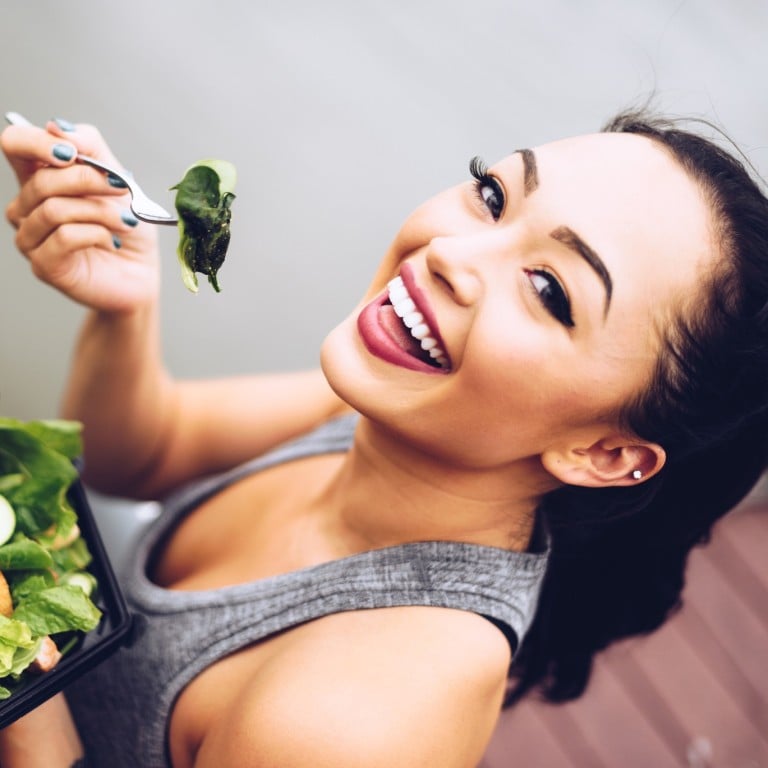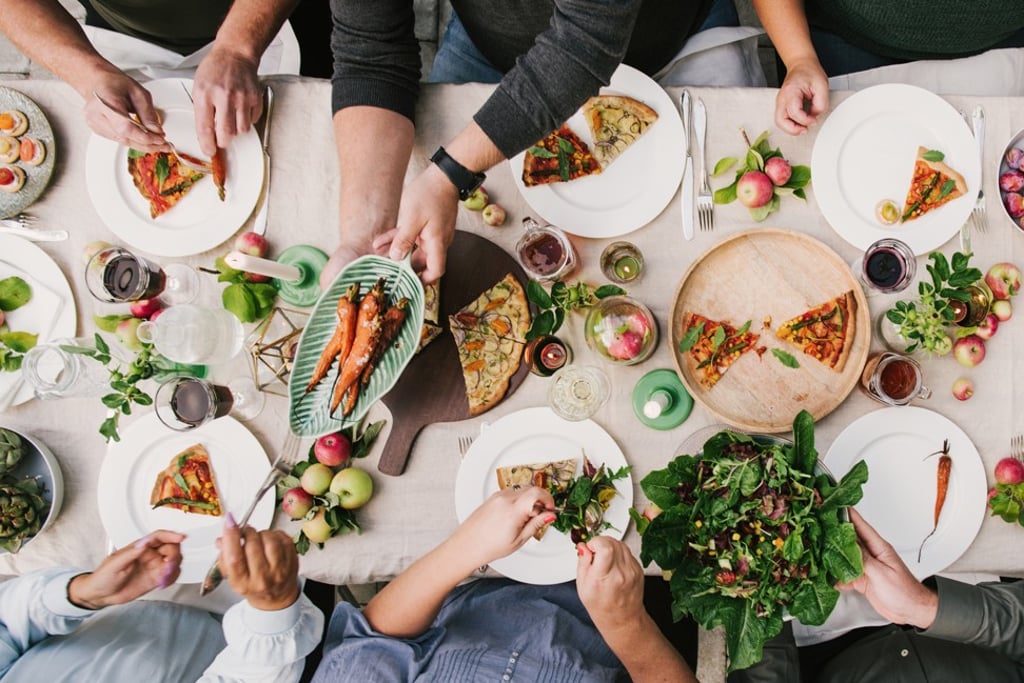Breast cancer awareness month: 5 tips to help you stay healthy and reduce your risks

By just making a few changes, such as losing weight, altering your diet and avoiding alcohol, you can drastically reduce the risk of getting breast cancer
According to the World Health Organisation (WHO), breast cancer is the most frequent form of cancer among women, affecting 2.1 million females worldwide annually.
While there are a number of risk factors which you cannot change, such as a family history with breast cancer, you can reduce your risk by avoiding smoking and second-hand smoke.
Other lifestyle changes you can make to reduce your risk are maintaining a healthy body weight and engaging in regular physical activity.
In fact, being overweight or obese is a risk factor for breast cancer. In Hong Kong, the Breast Cancer Registry 2019 report (number 11) states 37.1 per cent to 39.3 per cent of the local breast cancer patients were overweight or obese. Individuals who are overweight or obese have higher insulin levels in the body, and higher insulin levels have been correlated with breast cancer.
Being overweight or obese is a risk factor for breast cancer
Eating well, therefore, along with regular physical exercise, is essential to managing a healthy body and reducing your risk of developing breast cancer in the long run.
Keep in mind, though: there is no specific diet to prevent breast cancer, but making wise food choices may help lessen the chances of developing it.
Eat plant-based foods more often
